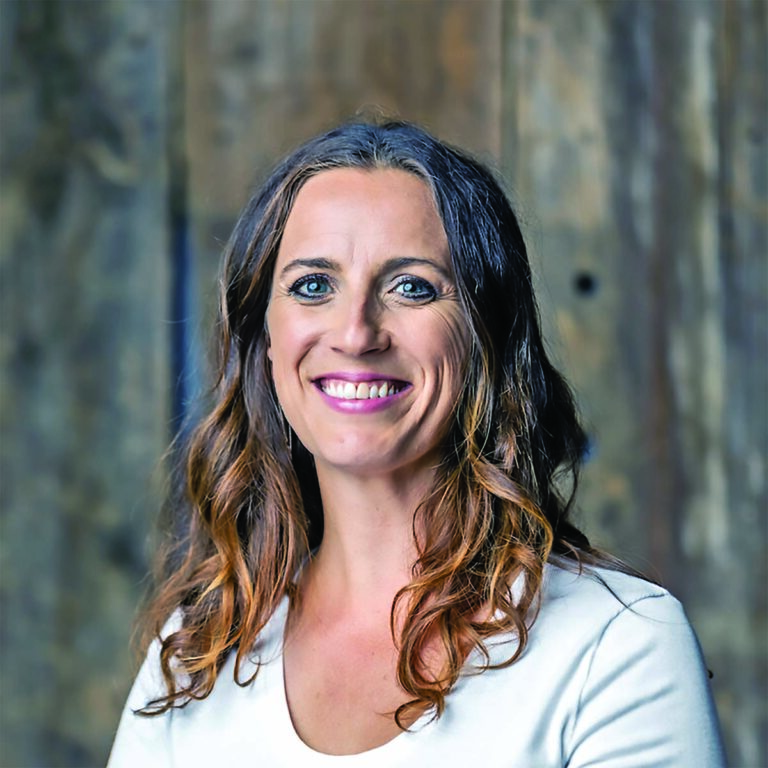We have all heard it around this time of year: “What is your new year’s resolution going to be?”. And with that question can come a large amount of stress and pressure to meet whatever goal we have set for ourselves. And when we miss achieving that goal? We can feel disappointed, frustrated, and guilty.
So instead of setting goals for ourselves, let us shift our perspective to growth for ourselves. What’s the difference? Goals involve outcomes like starting a business or finishing a degree. Growth is the attributes that will help you to achieve those goals. Things like patience, resilience, and motivation. Basically, goals are what you want to do, while growth is who you want to be. By shifting your focus on the characteristics that you need for growth, your goal will subsequently be achieved as well.
The following skills can help you to develop a growth mindset and help you to achieve whatever goal that you want to set for yourself this New Year:
Being present
This is about bringing your attention back to the immediate world around you and the experience you’re living in each moment. When you are fully present within the moments you are experiencing, it can bring positive changes. However, it can be hard to be present with distractions of technology, worries about your “to dos”, and everything else that life brings.
Cultivating present-moment awareness involves practicing mindfulness and meditation. Start by setting aside time each day to focus on the present. Pay attention to your breath, notice your surroundings and be mindful of your thoughts and feelings without judging them. It can be helpful to minimize distractions—like turning off unnecessary electronics—so you can focus more on the ‘now’. It’s a gradual process, and every small effort counts.
Shift your mindset
Through gratitude practice, you can begin to train your brain to shift from focusing on the negative to being more focused on the positives in your life.
So how do you implement a gratitude practice?
First, start by taking note of the things you’re grateful for each day. You can do this by keeping a gratitude journal or simply reflecting on your day before bed and identifying what made you feel happy, fulfilled, or thankful.
Another great habit to cultivate is expressing gratitude to others. Take time to thank the people in your life who make a difference, whether it’s through a quick text message, a phone call, or even just a heartfelt hug.
Finally, try to reframe negative experiences or challenges as opportunities for growth and learning. By focusing on what you have gained from these experiences instead of dwelling on the negatives, you will be able to embrace a more positive outlook on life and develop an attitude of gratitude that will change your life for the better.
When you start to practice gratitude, you naturally focus on the good things in your life. You can literally rewire your brain! This makes it easier to maintain a positive outlook, even in the face of challenges. This will increase your resilience and your ability to keep moving forward to your goals.
Daily intentions
Intentions are about your inner journey and how you want to experience life. Intentions are unique to everyone and how they view what a fulfilling life is. Reflect on how you can align your daily actions with your intentions. This might involve changing certain habits, making different choices, or creating new routines that support your intentions.
Some examples of daily intentions can be things like “I want to stay focused on my to-do list,” “I want to enjoy my creativity,” “I will be fully present in each moment,” and “I place trust in my intuition.”
Setting micro goals each day and achieving those things will boost your motivation to keep moving forward.
Changing your self-talk
What are your beliefs? Do you feel like you are capable of achieving your goals? Do you feel like you are good enough? Worthy enough? Your brain is going to listen to these thoughts, positive or negative, and subsequently it will impact your actions.
Remember, thoughts are not facts! Challenge the negative thoughts and speak to yourself the way that you would speak to a loved one in a similar situation. We are usually much more compassionate to our loved ones than we are to ourselves. Treat yourself with the same kindness.
Decreasing your stress levels
When we become overly stressed, our brains tend to go into autopilot. This means that old habits and behaviors can show themselves, even when you are trying to establish new habits and goals. By keeping your stress low, that means that you will have more success in succeeding with your growth and goals. Decrease stress by getting good sleep, eating healthy foods, exercising, creating a support system, and taking care of your mental health.
Through these steps, you can start 2025 on the right foot.
Need more support or resources? Please reach out to Edgewater’s Mental Health Coordinator, Meghan Murphy at [email protected] or 720-763-3017






